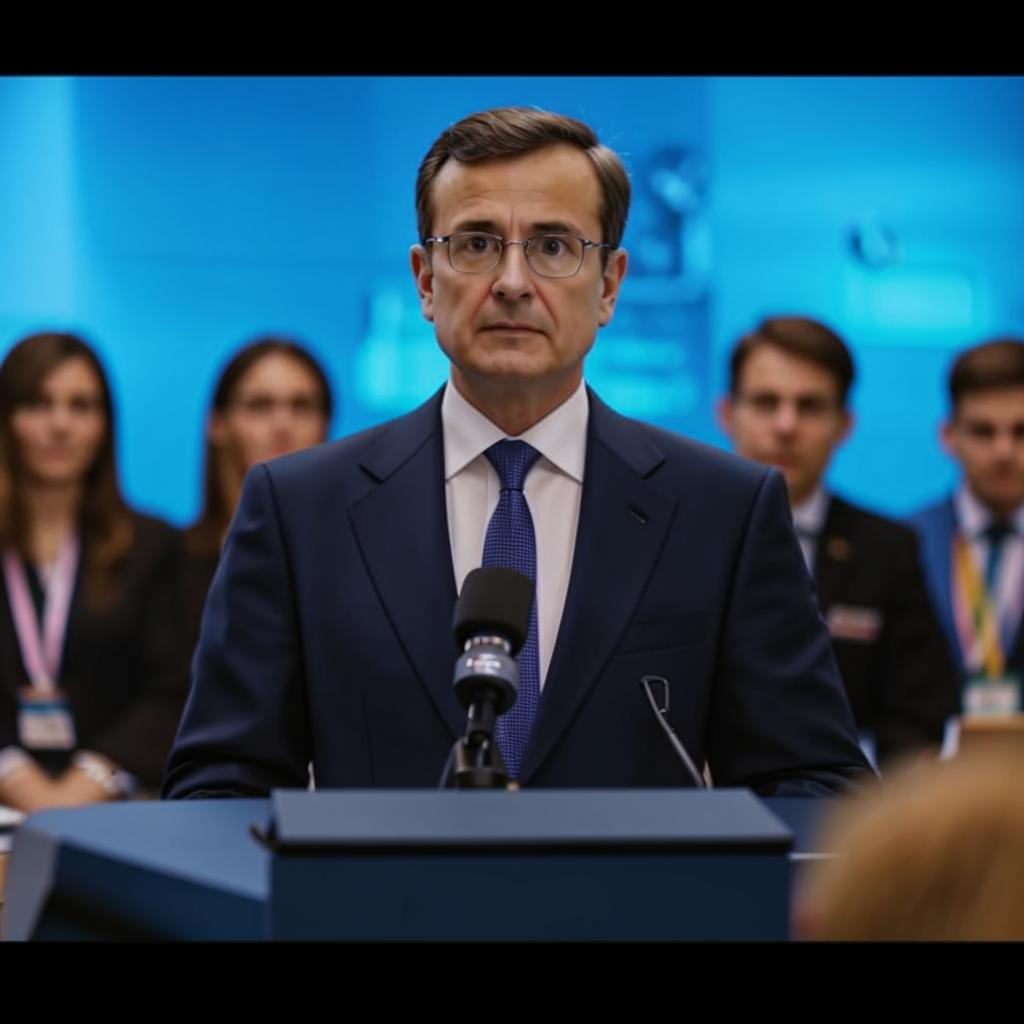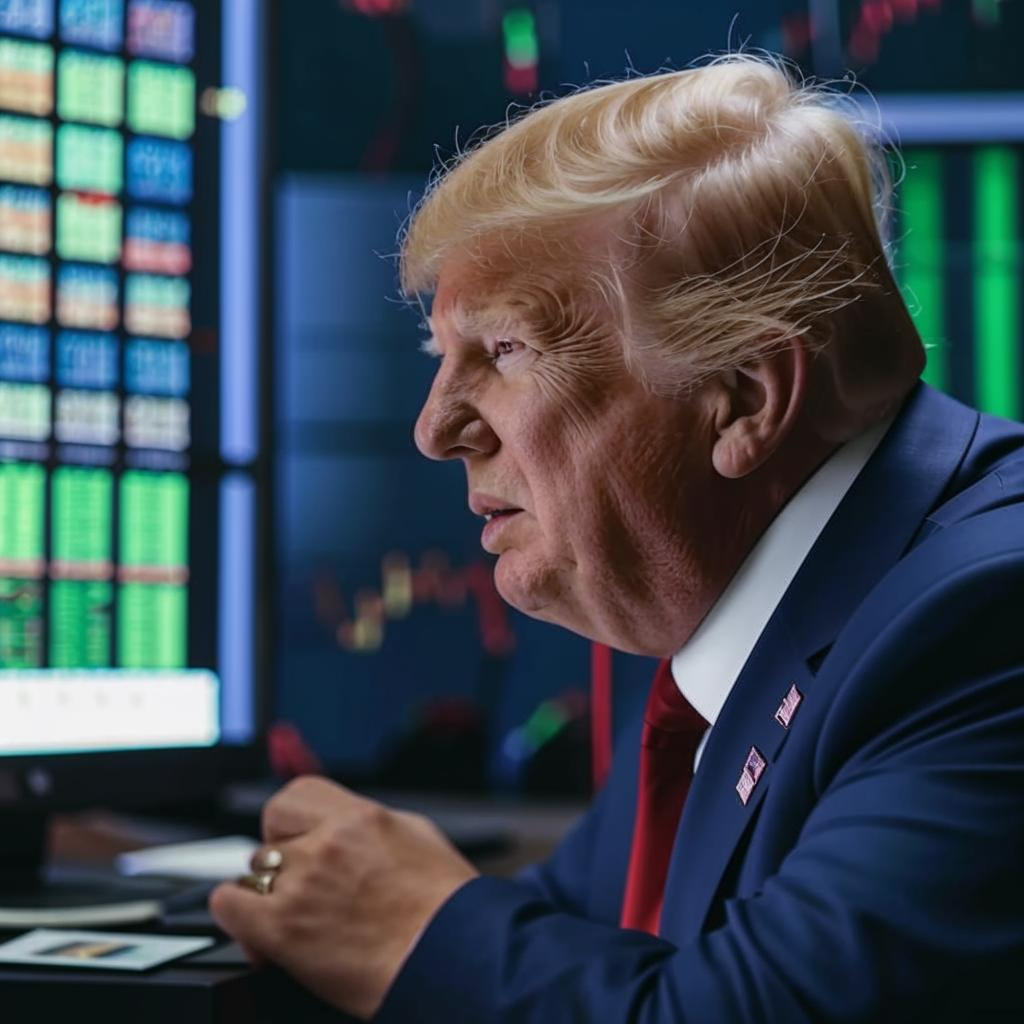The European Central Bank (ECB) has lowered interest rates, marking a significant move to stimulate the Eurozone economy amidst growing concerns about the impact of tariffs. The decision comes as global trade tensions, particularly those involving potential tariff increases, threaten to dampen economic growth and potentially fuel inflation.
The ECB’s rate cut reflects its assessment that the risks to the Eurozone economy are tilted to the downside. While inflation has been moderating, the threat of tariffs disrupting supply chains and raising import costs presents a new challenge. These trade barriers could hinder exports, reduce business investment, and ultimately slow down economic activity across the Eurozone.
Furthermore, the central bank has decided to end its Asset Purchase Programme (APP), signaling a shift in its monetary policy approach. While the APP had provided substantial liquidity to the financial system, the ECB now believes that other tools, such as targeted lending operations and forward guidance, are more appropriate to address the current economic challenges.
The rate cut is intended to lower borrowing costs for businesses and consumers, encouraging investment and spending. However, the effectiveness of this measure may be limited if businesses remain hesitant to invest due to trade policy uncertainty. The ECB acknowledges that fiscal policy also has a role to play in supporting the economy. It urges Eurozone governments to implement structural reforms and invest in areas such as infrastructure and innovation to boost long-term growth potential. The central bank will continue to monitor economic developments closely and stands ready to take further action if needed to maintain price stability and support sustainable economic growth in the Eurozone.











